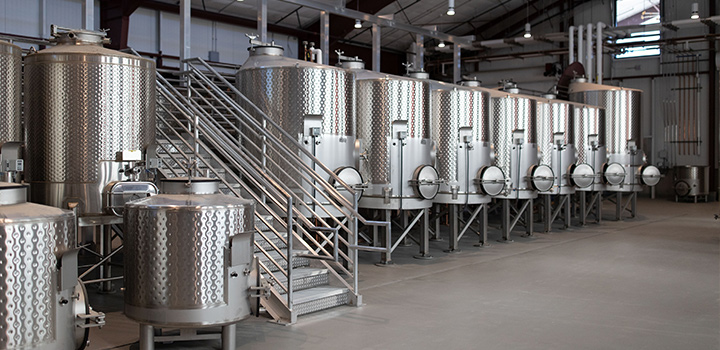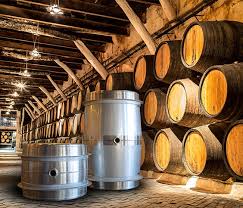
Winery chillers are essential equipment for maintaining optimal temperatures throughout the winemaking process. They play a vital role in controlling fermentation, storage, and bottling temperatures, ensuring consistent quality and preventing spoilage.
How Winery Chillers Work
Winery chillers typically use a glycol-based cooling system. Glycol, a non-toxic antifreeze, is circulated through a closed loop. As the glycol is cooled, it absorbs heat from the winemaking equipment, such as fermentation tanks, storage vats, and bottling lines. The cooled glycol is then returned to the chiller to be recooled, creating a continuous cycle of heat removal.

Key Applications of Winery Chillers
- Fermentation Temperature Control: Maintaining precise fermentation temperatures is crucial for developing the desired flavors and aromas in wine. Chillers allow winemakers to control the fermentation process, preventing unwanted heat buildup and ensuring consistent results.
- Storage Temperature Control: Proper storage temperatures are essential for preserving the quality of wine over time. Chillers help maintain optimal storage conditions, preventing oxidation and other forms of spoilage.
- Bottling Temperature Control: Consistent bottling temperatures are important for ensuring proper filling and sealing of wine bottles. Chillers can help regulate the temperature of the wine before bottling, preventing excessive foaming and ensuring accurate filling levels.
Winery Chillers
- Alpine M Series Glycol Chillers: These are the most common type, using a glycol-water mixture as the coolant. They are efficient and reliable.